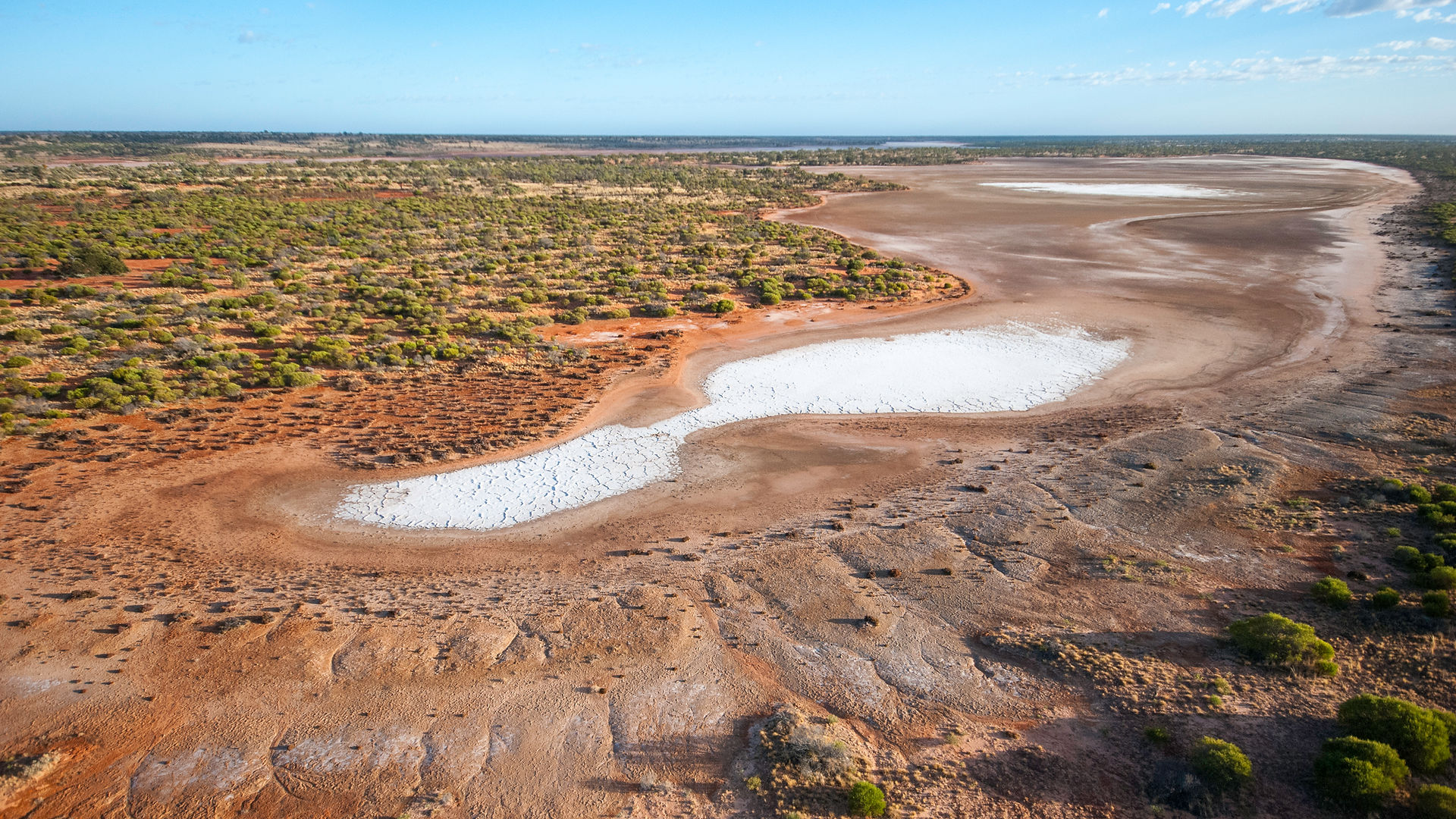

PILA NGURU
Welcomes you to Spinifex Country!
COUNTRY AND CULTURE.
Anangu tjutaku children and grandchildren have good knowledge of all aspects of country, language and stories and keep passing them on to their children.
Anangu tjutaku are, have been and always will be an intrinsic part of Anangu tjutaku country. For Anangu tjutaku, healthy people need country and healthy country needs people.
Our Country
Ngura tjantu & Tjukurpa
The underlying foundation of the Anangu Tjutaku IPA (the IPA) is Anangu connection to country articulated through ngura tjantu (customary basis of land ownership) and Tjukurpa (Anangu law )
Without Anangu tjutaku living in, hunting, and burning the landscape and engaging with Tjukurpa, the landscape and all values within it would be changed forever. So too would the social, emotional, and societal wellbeing of Anangu tjutaku for who live on-country in the IPA. For Anangu tjutaku to be healthy several core needs must be met, including:
• Living on, visiting, and looking after country. • Fulfilling cultural obligations to each other and to country.
• Meaningful on-country employment.
• Delivery and provision of quality services to communities.
• Retention and transmission of traditional knowledge including teaching kids about country and mentoring younger people (wirura kanyini – look after well).
These core needs are significant determinants of the individual, family, and community health of Anangu tjutaku.

Over hundreds of generations, Anangu tjutaku have developed a complex culture that guides understanding of the landscape and how country is managed.

Traditional knowledge is founded on Tjukurpa – the way through which Anangu define their world, themselves, their position in society, their relationship to, and interactions with country, and are guided through life.
Tjukurpa incorporates ‘mainstream society’ concepts of business, law and religion as well as nature, philosophy and psychology. It is allencompassing. Adherence to Tjukurpa is both fundamental and mandatory. Even when Anangu tjutaku had to leave their country for a time after the Maralinga testing and long drought, the culture remained strong and resilient. Knowledge is passed on continuously – Anangu tjutaku are incrementally learning as they progress through life and law.
If knowledge is lost, country is not as healthy, nor are Anangu tjutaku and the fundamental reasons for Anangu tjutaku to live on country cease to exist. As people get older, it is hard for them to get out on country as much as they used to and so the knowledge may not get passed on as it should. It is important that language and culture are recorded and documented for future generations, but this needs to be done carefully to keep private knowledge knowledge available only to those who have the right to learn it.

If the specific Tjukurpa or authority for an area of country and sites within it are lost, that is not handed down from the few Elders who remain, then there is little to no entitlement to access these places, make decisions or carry out activities on that country.
Traditional knowledge is at risk from inevitable changes to and evolution of Anangu tjutaku society, influences of new technologies and access to social media and other less-desirable elements of mainstream society that see Anangu tjutaku walking the cross-cultural tight rope between two worlds and different world views.
Western knowledge and tools can be used in combination with traditional ecological knowledge to deal with problems that have emerged more recently such as how to control Camels and weeds, and how to protect sensitive places from unauthorised people visiting them.